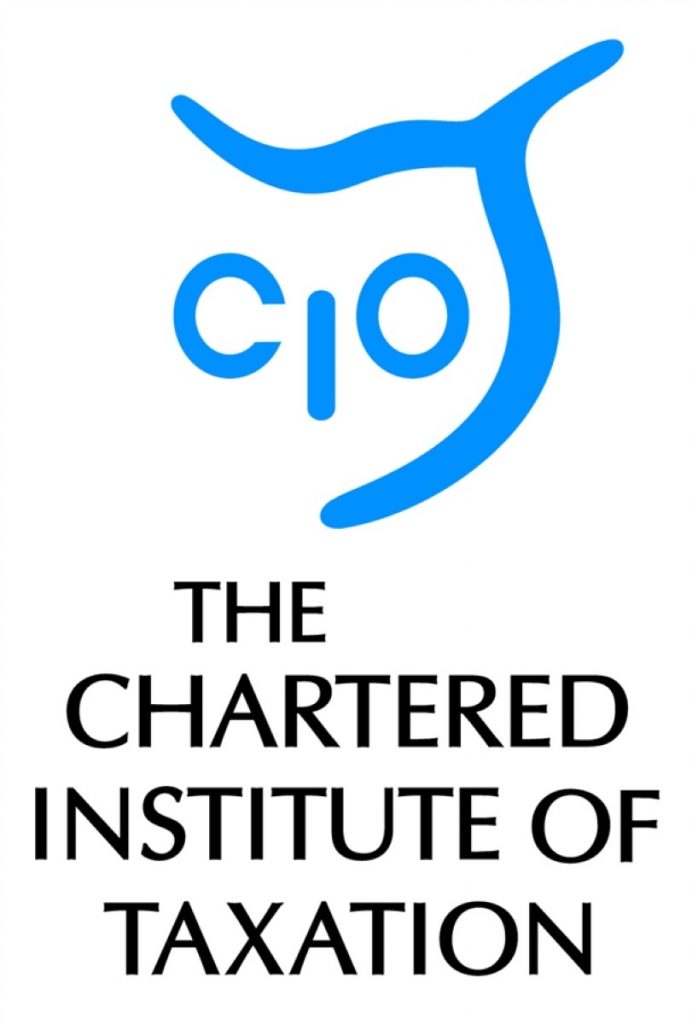CIOT: Tax bodies back social mobility push
The Chartered Institute of Taxation (CIOT) and Association of Taxation Technicians (ATT) have welcomed the launch of a new resource to support efforts to increase the number of people from non-privileged backgrounds entering accountancy, law, tax advice and other professions.
The Social Mobility Toolkit for the Professions, the first common framework to measure the progress of social mobility within the professions, has been launched today by Professions for Good (a coalition of professional bodies). The 52 page toolkit provides practical recommendations for employers, professional bodies and regulators on how they can track and foster social mobility.
CIOT Deputy President Patrick Stevens commented:
“The CIOT is delighted to be supporting this initiative. The professions need to be open to all, based on merit, regardless of class or background.
“Professions such as accountancy and tax advice already provide one of the most effective routes to advancement for people not from privileged or affluent backgrounds. All over the country, on every high street, there are small firms of accountants and tax advisers like the one I started out with, who take in school leavers who are able and eager to learn, and train them up and help them build a successful career. The exams of the ATT, CIOT and similar bodies are what they use to do this.
“But there is no room for complacency. It is right that we, as professional bodies and individual employers, look to see if there is more we can do to increase the diversity of our profession. In particular we need to look for new ways to get people who might not have considered tax and accountancy as careers to do so. Expanding outreach to schools, finding new places to publicise the profession and developing new routes to entry are all areas we should be considering.”
ATT President Stuart McKinnon highlighted the ATT’s involvement in a new Higher Apprenticeship in taxation and issued a challenge to the profession:
“The ATT qualification has been, and continues to be, a route into a professional career for thousands of people, from all over the UK, from all backgrounds, from the age of 16 upwards. It is a real tool for social mobility.
“Over the past year we have been working, with a number of partners, on a Higher Apprenticeship in taxation. Apprenticeships are not just a route into trades like building and plumbing. They can also be a path into white collar professions such as tax and accountancy. Traditional university degrees have a lot going for them but we want to show they are not the only gateway to the professions. We believe this initiative has the potential to increase the diversity of the profession.
“This is a subject close to my heart as I got into tax when my first boss took me on at the age of 18 on something akin to accountancy articles, to practice and study tax. He gave me my first break which gained me access to the profession.
“I am sending out a challenge to all members of the profession who have at some time been given a similar break to mine which enabled them to get onto the career ladder in tax: take on one trainee and give them the break you got. I appreciate in these current economic times this is not always an easy ask but the country will not be in a recession forever. When we emerge you will have your home-grown qualified staff ready to take advantage of the upturn. Let us give something back for what we were given and at the same time do our bit for youth unemployment and open access to the professions.”
Notes to Editors
1. Representing 1.2 million practitioners, Professions for Good is a collaboration of the bodies responsible for the entry policy, professional standards and qualifications across many of the UK’s largest professions. These are AAT – Association of Accounting Technicians; ACCA – Association of Chartered Certified Accountants; The Bar Council; CIOT – Chartered Institute of Taxation; CII – Chartered Insurance Institute; CIPD – Chartered Institute of Personnel and Development; CMI – Chartered Management Institute; ICAEW – Institute of Chartered Accountants in England and Wales; RAE – Royal Academy of Engineering; RIBA – Royal Institute of British Architects; RICS – Royal Institution of Chartered Surveyors and the Science Council.
The Chartered Institute of Taxation (CIOT) is a charity and the leading professional body in the United Kingdom concerned solely with taxation. The CIOT’s primary purpose is to promote education and study of the administration and practice of taxation. One of the key aims is to achieve a better, more efficient, tax system for all affected by it – taxpayers, advisers and the authorities. The CIOT’s 15,800 members have the practising title of ‘Chartered Tax Adviser’ and the designatory letters ‘CTA’.
3. Founded in 1989, the Association of Taxation Technicians (ATT) is the leading professional body for those providing UK tax compliance services and related activities. Our members are qualified by examination and practical experience to assist individuals and businesses in complying with their tax obligations. The primary objective of the ATT is to provide an appropriate qualification for individuals who undertake tax compliance work. Those who meet the membership requirements have their qualification recognised by use of the title of ‘Taxation Technician’ and the designatory letters ‘ATT’. The ATT has over 11,000 members, affiliates and registered students.
George Crozier
External Relations Manager
D: +44 (0)20 7340 0569
M: +44 (0)7740 477374
The Chartered Institute of Taxation
Registered charity number 1037771
www.tax.org.uk
The Association of Taxation Technicians
Registered charity number 803480
Registered company number 2418331
VAT Registration Number 497 5390 90
www.att.org.uk
Low Incomes Tax Reform Group – an initiative of the Chartered Institute of Taxation
www.litrg.org.uk
1st Floor, Artillery House, 11-19 Artillery Row, London SW1P 1RT





-01.png)